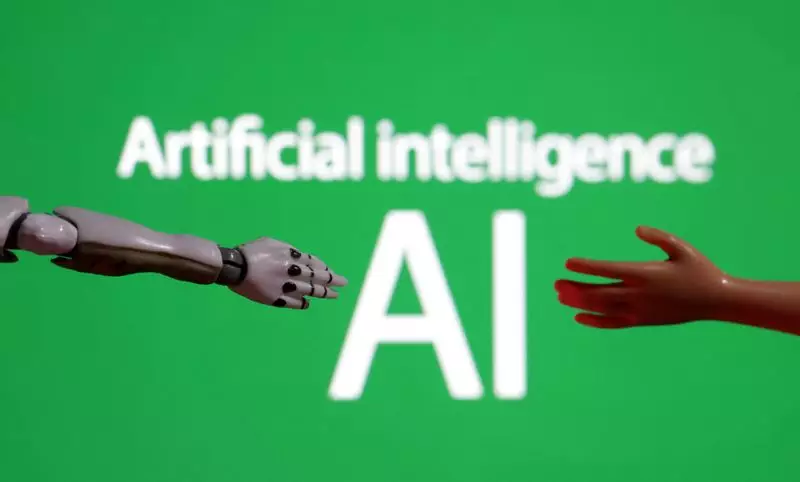Artificial Intelligence (AI) is not just a buzzword; it is a powerful force poised to dramatically reshape economies worldwide, with the United States leading the charge. As we advance towards 2025, analysts from TD Cowen have provided a comprehensive assessment of how AI is expected to influence productivity, labor dynamics, and various sectors beyond technology. This exploration reveals groundbreaking insights into the potential financial impacts, the acceleration of investments, and a profound shift in human activities as AI becomes increasingly integrated into daily life.
The Looming Economic Impact of AI
The introduction of AI into the workplace is forecasted to yield an astonishing productivity boost of approximately $2 trillion. This surge is largely attributed to AI’s ability to streamline processes and reduce labor dependency by an impressive 15%. What does this mean for the workforce? As per the TD Cowen report, AI could potentially take over 20% of the tasks performed by up to 80% of U.S. workers. This notion challenges the traditional labor market model—indeed, it raises questions about job security, the need for retraining, and the evolution of roles and responsibilities in various sectors.
In an era where automation is becoming synonymous with efficiency, companies are beginning to reassess their operational strategies. The projection of AI investments exceeding $1 trillion in capital expenditures points to a burgeoning interest from investors keen on harnessing the benefits of this transformative technology. The focus is shifting towards validating practical use cases, chiefly products and business models that can thrive underpinned by AI capabilities. What remains crucial is that businesses not only adopt AI but also demonstrate its real-world effectiveness, further incentivizing broader market adoption.
One of the most talked-about applications of AI is the emergence of autonomous vehicles. Companies like Tesla and Waymo are pioneers in this sector and are illustrating the immense potential of AI-driven applications. For instance, Waymo’s statement about reducing injury-related crashes by 73% compared to human drivers serves as a testament to how AI can lead to safer roadways through enhanced precision and consistency. Simultaneously, Tesla’s ambitious plans to produce two million robocabs by 2026 represent a monumental leap towards a future where human error in driving is considerably reduced.
These innovations are not merely about self-driving cars; they represent a transformation in transportation paradigms and urban planning. As these technologies evolve, cities may need to rethink infrastructure, zoning, and public safety as autonomous vehicles usher in new considerations for mobility.
The Broader Impact of AI Across Industries
The implications of AI adoption are not limited to advancing technology industries; they extend into nearly every sector of the economy. Consider the healthcare industry: AI has the potential to revolutionize drug development, with estimates suggesting up to a 70% decrease in research and development costs. This advancement could lead to faster delivery of drugs to market, a critical factor in improving healthcare responsiveness and accessibility. The expected volume of AI-enabled projects in diagnostics and drug discovery underscores an era of innovation that not only enhances patient care but also optimizes operational efficiencies within healthcare institutions.
Moreover, the pace of it all is accelerating at an unprecedented rate. TD Cowen emphasizes that the speed of AI adoption is outpacing even the rapid advances witnessed in cloud technology. Generative AI, in particular, appears to be operating on a logarithmic curve, suggesting a self-propelling cycle of advancement unlike anything seen in earlier technology cycles.
Despite the promising horizon, the widespread integration of AI presents challenges that cannot be ignored. The societal implications of job displacement warrant serious attention. As certain roles become automated, the workforce will need to adapt through reskilling and upskilling initiatives. Policymakers and educators will play pivotal roles in shaping this transition, emphasizing the importance of collaboration between the public and private sectors to ensure that society benefits from the AI revolution without leaving anyone behind.
AI stands as a transformative agent ready to alter the economic landscape by 2025. As organizations embrace this shift, the emphasis will be on creating practical applications that utilize AI effectively while ensuring that these advancements lead to net societal benefits. The reality is that we are just at the beginning of this journey, and navigating the path ahead will demand a commitment to innovation, inclusivity, and strategic foresight.

